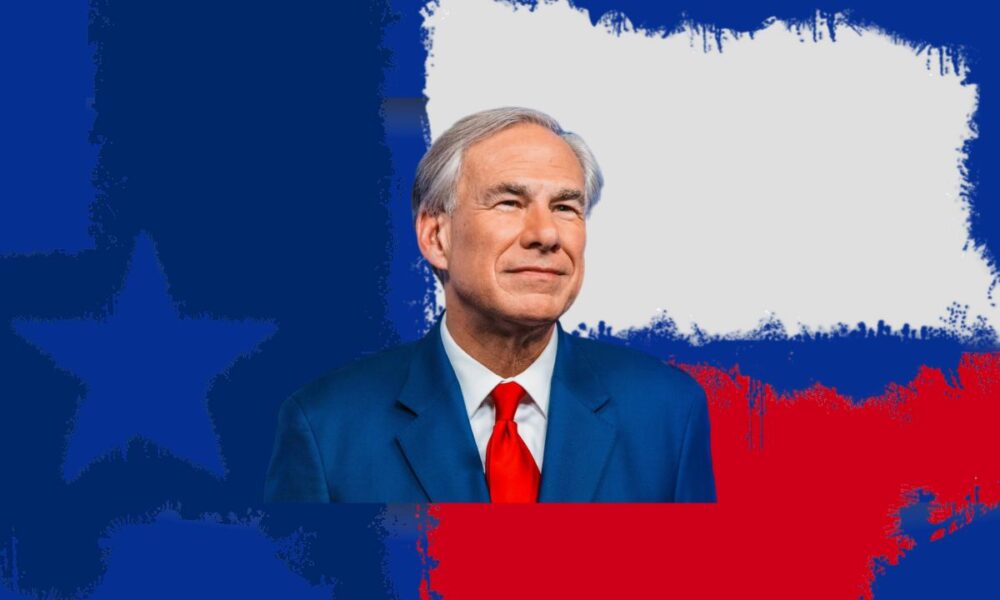More than 100,000 Texans are demanding Gov. Greg Abbott veto a bill that would ban many hemp-based products, threatening thousands of jobs and what some advocates call basic “personal liberty.”
On Monday, the Texas Hemp Business Council delivered over 118,000 signatures and 5,000 letters to Abbott’s office at the Capitol, urging him to reject Senate Bill 3 (SB 3), which they argue would devastate the state’s booming hemp industry.
“Senate Bill 3 was designed to destroy a vibrant and legitimate industry,” said Cynthia Cabrera, president of the Texas Hemp Business Council. “The bill now awaits review by Governor Abbott. We respectfully urge him to consider the facts, listen to our appeal and make the logical decision to veto SB 3.”
The bill, which passed the Texas Legislature last month, would outlaw many hemp-derived consumables that have been legal since the 2018 federal Farm Bill, as previously reported by The Dallas Express.
Now, some critics are saying it would force consumers into unsafe black markets and financially cripple small businesses and farmers across the state.
Veterans groups have been especially vocal in opposition to SB3.
Mitch Fuller, an Iraq War veteran and national legislative chairman of the VFW Department of Texas, warned that the bill would strip away an effective alternative to opioids and anti-depressants that many veterans have relied on.
“Senate Bill 3 will take away hemp-derived consumables, which is an important alternative modality to the opioids and anti-depressants that the VA has been negligent in shoving down our throats for the last 25 years,” Fuller said.
However, supporters of the bill, including Lt. Gov. Dan Patrick, have cited safety concerns for the Lone Star State’s residents.
“We cannot in good conscience leave Austin without banning THC, which is harming our children, and destroying Texans’ lives and families,” The Texas Lieutenant General declared via X post last month.
Yet, industry advocates say those fears are exaggerated.
Cabrera countered that hemp products have been subject to rigorous third-party lab testing and labeling requirements for years.
“This bill is not designed to regulate us,” said Tara Latil, owner of CBD American Shaman. “It’s designed to bury us in fees, paperwork and fines until we have no choice but to shut down and walk away, leaving the market wide open for a few wealthy players who’ve been quietly funding this ban from the sidelines – not to mention an unregulated black market.”
“There’s a huge threat to rural economies on this. A lot of the businesses and farmers I know are in rural communities, and we are losing additional jobs and funds in those communities,” added Colton Luther, managing partner at Geremy Greens Farm. “We’re talking about farmers, small businesses, and local communities who depend on hemp.”
Advocates also warned that prohibition has historically failed, pointing to the failed war on alcohol in the 1920s and the inability of black market suppliers to comply with any regulatory framework for alcohol at the time.
“Prohibition did not work in the 1920s for alcohol and it will not work now for hemp – not with e-commerce and an American public that’s more mobile than ever. Border security and cartels remain chief concerns for Texans. The number one killer of Americans 18 to 45 years old is fentanyl, according to the CDC. If the cartels didn’t bother to get licensed by the state of Texas, they won’t be bothered by an unenforceable ban,” said Mark Bordas, executive director of the Texas Hemp Business Council.
Gov. Abbott has until June 22 to veto, sign, or allow the bill to become law without his signature.
Until then, advocates like the THBC say they will continue to press for a veto, arguing that Texans deserve access to safe, legal hemp products – and the thousands of jobs that depend on them.


